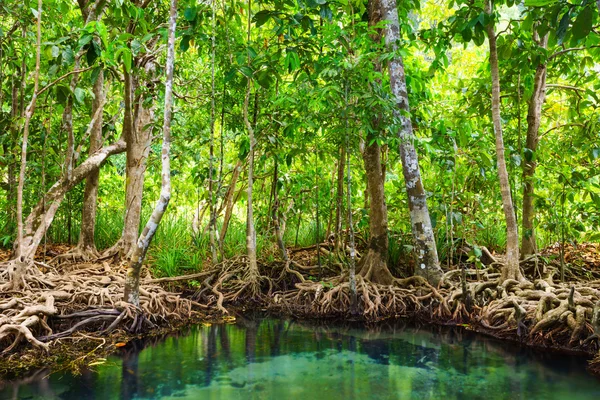A coalition, Green Faith Global, is mobilising faith leaders to play a crucial role in advancing climate action in the country as Nigeria prepares to submit its third Nationally Determined Contributions (NDC) under the Paris Agreement.
Speaking at a meeting in Port Harcourt, which was aimed to educate faith communities on their moral obligations regarding climate action and to encourage them to use their influence to advance policies that address climate changr, Meryne Warah said that Nigeria faces severe climate vulnerabilities, which will exacerbate poverty, food insecurity, displacement, and conflict.
Warah, who doubles as Director of Green Faith Africa, noted that the dialogue, which is a call to action, expects faith leaders to remain steadfast in their commitment to justice, equity, and environmental protection, adding that it is also a collective effort aimed to inspire bold actions that will lead Nigeria towards a sustainable and climate-resilient future.
She emphasised the importance of faith-based climate education, noting that faith leaders can play a crucial role in deepening the understanding of the moral and ethical imperatives of climate action.
Warah urged faith leaders to utilise religious gatherings, sermons, and faith media channels to disseminate climate messages and mobilise communities, stressing that faith leaders are uniquely positioned to bridge the gap between policy and grassroots action, urging leaders and stakeholders to implement ambitious and just climate policies.
She also called on faith communities to harness their diversity and moral authority to shape narratives, influence decision-makers, and mobilise collective action toward achieving and exceeding Nigeria’s NDC targets.
The Programme Manager for Greenfaith Africa, Dr Pius Oko, said the faith coalition is working to promote awareness and education among faith communities on the importance of their moral obligations in addressing climate change.
He noted that the faith coalition is seeking to leverage the influence and position of faith leaders to advance policies that mitigate and adapt to climate change.
Oko also noted that faith leaders are major stakeholders in the fight against climate change and often the first point of call for communities affected by climate-related disasters, providing shelter and support to victims in mosques, churches, and local homes.
Oko emphasised that the coalition’s efforts are focused on promoting awareness and education among faith communities, as well as mobilising finances to support climate action in frontline communities.
Story was adapted from the Guardian.
